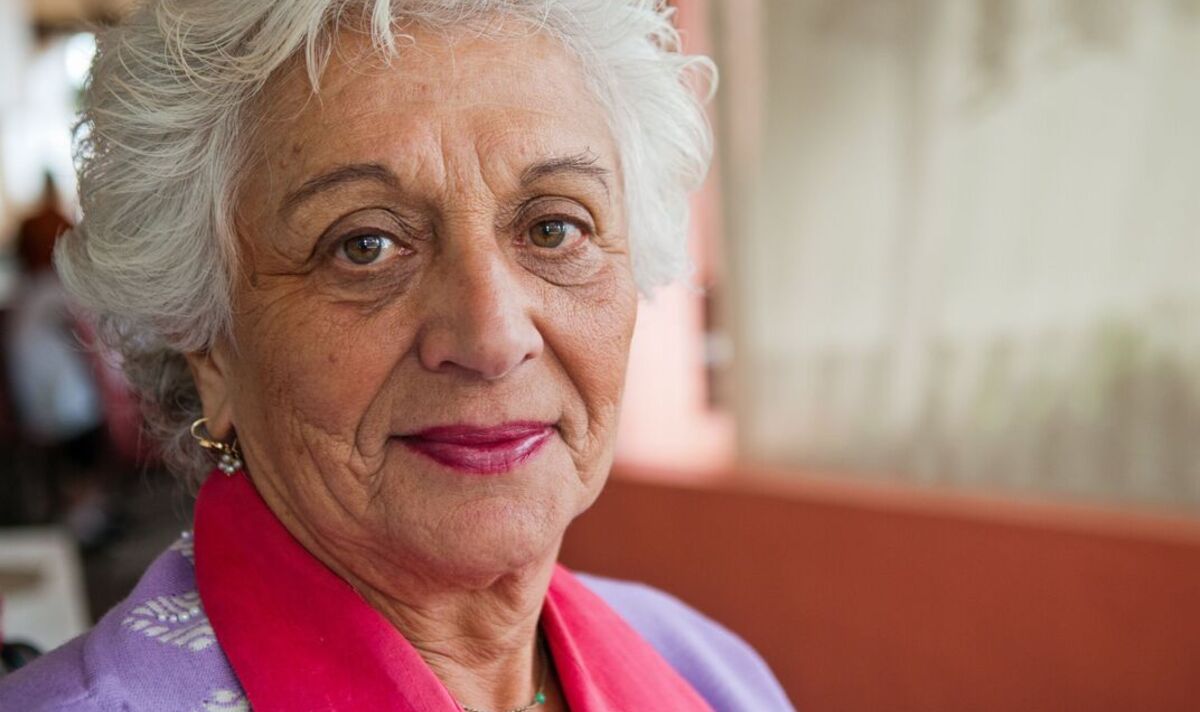
Researchers based at Israel’s Hadassah-University Medical Center hailed the cancer treatment as an “unprecedented achievement”.
Professor Polina Stepensky said the CAR-T (Chimeric Antigen Receptor T-Cell Therapy) treatment was “impressive”.
Not only did the CAR-T treatment add “many more years” onto a person’s life who suffered from multiple myeloma, the treatment also improved the quality of life.
Based on genetic engineering technology, the cancer treatment boosts the patient’s own immune system to help destroy cancer.
In the trial, more than 90 percent of the 74 patients treated at Hadassah went into complete remission, the oncologists said.

Professor Stepensky said: “Due to the complexity of the production and the complexity of the treatment itself, only one patient a week enters the treatment, which is still being conducted as an experiment.”
Regardless, the results so far have been “very positive… with minimal side effects”.
Professor Stepensky added: “These are dramatic results. This is a huge hope for patients with a disease that has not yet had a cure.”
Multiple myeloma
The NHS explains multiple myeloma is a type of bone marrow cancer.

Don’t miss…
85% of British men feel stressed due to 5 factors – tips to reduce stress[LATEST]
Bruce Willis’ daughter opens up about when her father’s dementia started to show[CELEB HEALTH]
Study suggests diet to follow for a long and healthy life[STUDY]
The bone marrow is a “spongy tissue found at the centre of some bones” that produces the body’s blood cells.
“Multiple myeloma affects the plasma cells (a type of blood cell) inside the bone marrow,” the health body adds.
When myeloma cells divide and expand within the bone marrow, the bones are damaged and the production of healthy blood cells is disrupted.
In the earliest stages of multiple myeloma, there may not be any symptoms of the disease.
We use your sign-up to provide content in ways you’ve consented to and to improve our understanding of you. This may include adverts from us and 3rd parties based on our understanding. You can unsubscribe at any time. More info
However, multiple myeloma will eventually cause a wide range of problems from a persistent dull ache in the bones to repeated infections.
Symptoms of cancer could include tenderness in the bones, bones that fracture easily, tiredness, weakness and shortness of breath.
There can also be frequent nosebleeds, bleeding gums, and heavy periods.
The cancer is “often only suspected or diagnosed after a routine blood or urine test”, the NHS says.
Source: Read Full Article
